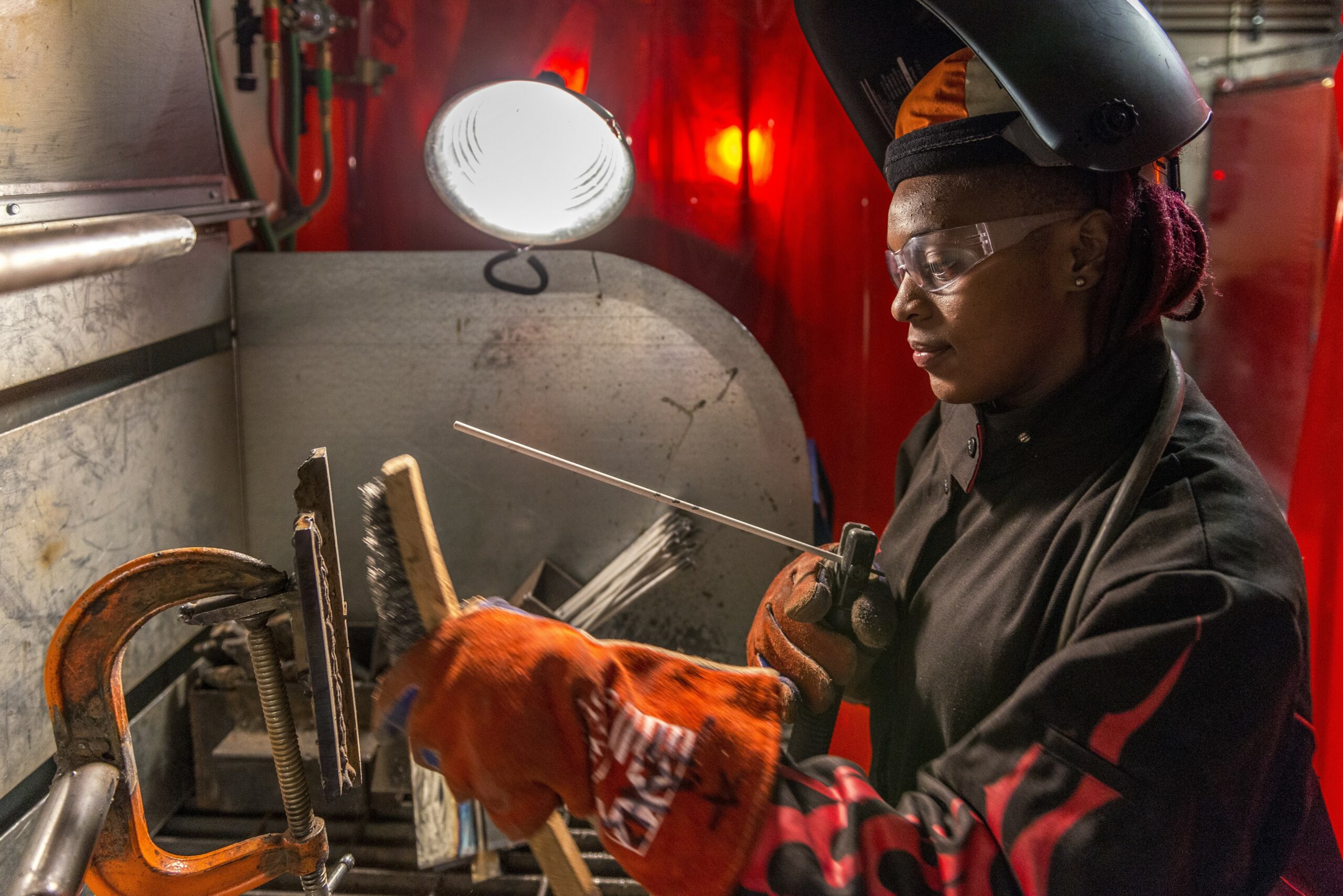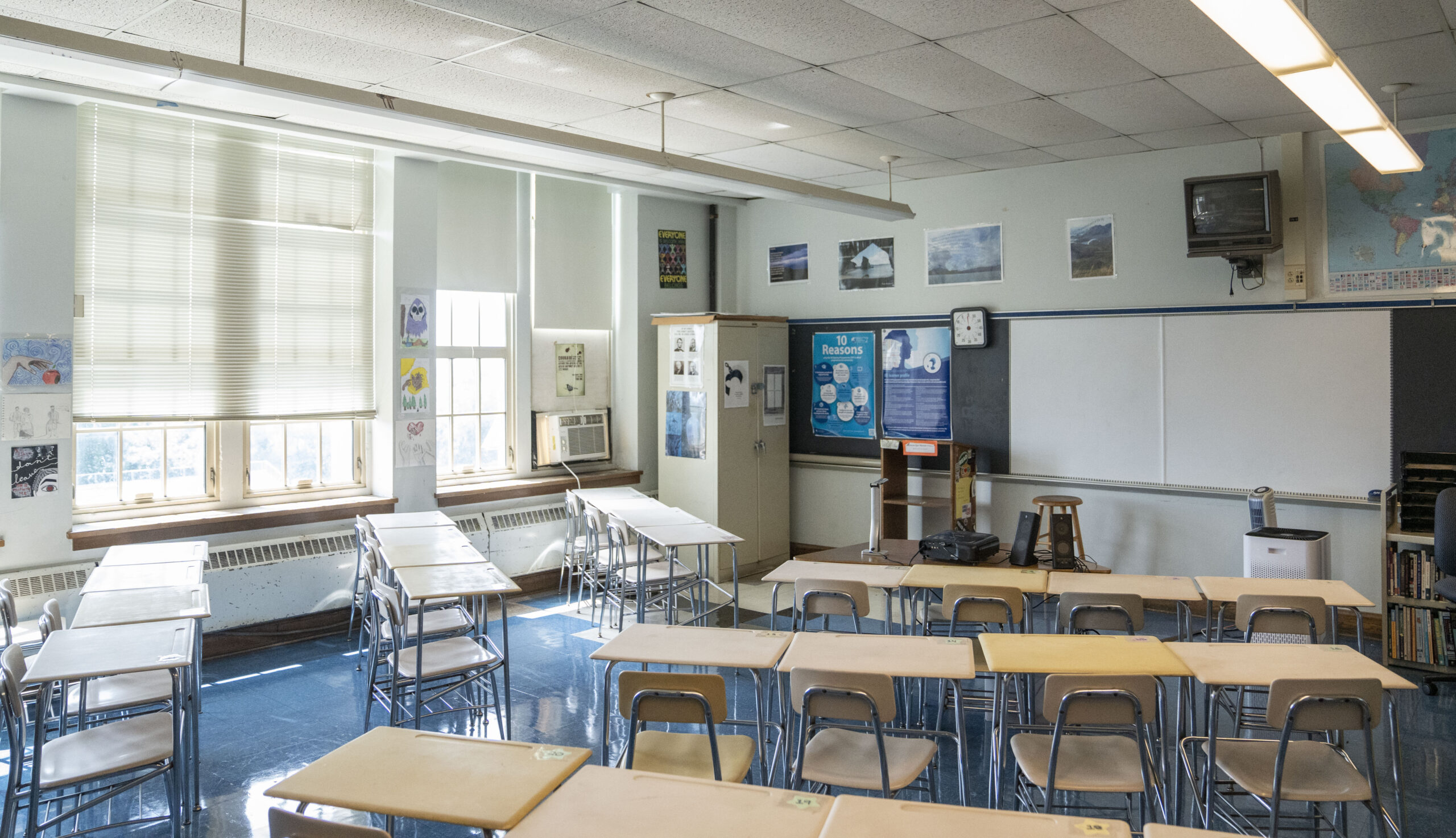Featured Reports


Abell Report: Expanding Apprenticeships in Maryland
The state of Maryland has recognized the potential for registered apprenticeships to both provide a path to better-paying careers that do not require college degrees and to help employers meet their needs for employees with specialized skills. This report explores opportunities for and challenges to expanding apprenticeship in Maryland and Baltimore.



